Essential Guide to Digital Citizenship for CIPA and E-Rate
Graphite Blog
SEPTEMBER 22, 2020
E-rate is complicated. But complying with the Children's Internet Protection Act (CIPA) -- a requirement of E-rate -- doesn't have to be. It also provides an overview of E-rate, with answers to commonly asked questions about eligibility, services supported, and audits. What is E-rate?

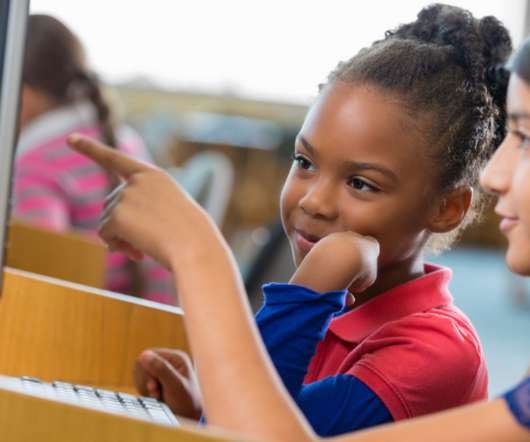
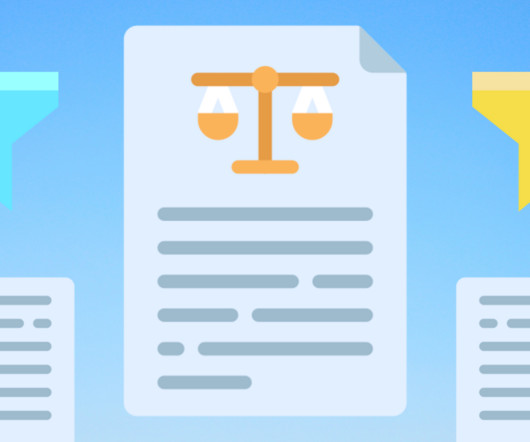

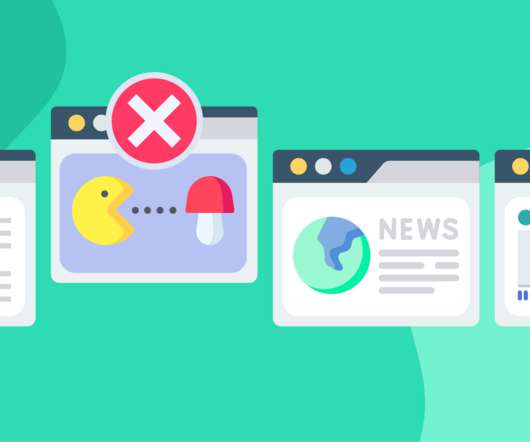
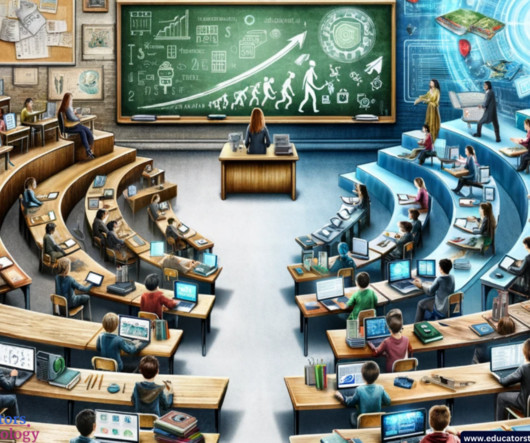

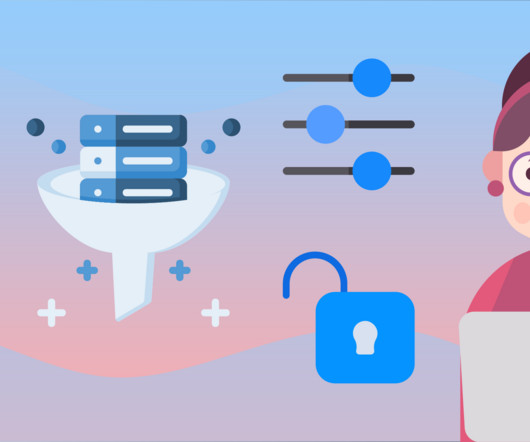




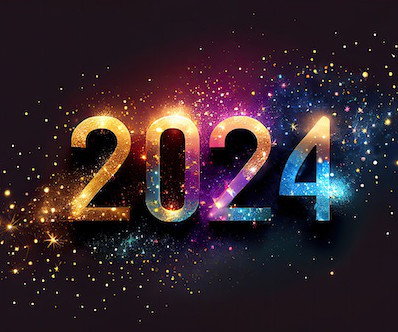









Let's personalize your content